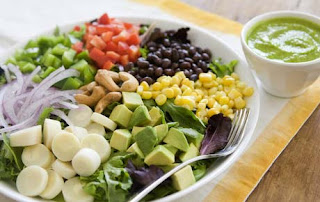I have achieved success on many occassions- whether an exam or an interview.
The biggest secret to success is first searching the 'WHY'.
If you have a big enough reason, you can even move a mountain.
There are examples of an old women who lifted a car to save her child underneath it, of people fighting with a tiger to save their loved ones; and football players who continue playing with an open wound in their legs to win the match.
What gave them so much strength & determination- it was the answer to their 'WHY' they must do it.
This is not just a wish or a dream, they decide a BIG reason to do what it takes it to do.
Now, if you have been walking for an hour on a long road for an hour & are half way to the destination- you will become a bit slowed down. Now if you meet a mad dog running towards you, you will find the energy again & more to run the fastest to save your life.
If your goal is very big, you need a BIGGER reason to work towards it- if you can find this, you will achieve the goal no matter what.
Action tip: Be clear about your goal- is it SMART?
Now write it on top of a lined paper.
write down: 'WHY do i want to get this' underneath it.
Think of every reason why you must get this SMART goal, in this time.
Write these one by one underneath, using either a bullet point or a number.
It doesnt matter how many reasons you find- but usually 5- 10 are enough. Too many will distract you.
For some, even the single most important reason is enough.
Be sure to hang this paper above your study desk & look at it many times during the day to find your motivation.
I hope this helps....I have a few more methods to find the motivation...so keep coming back.


